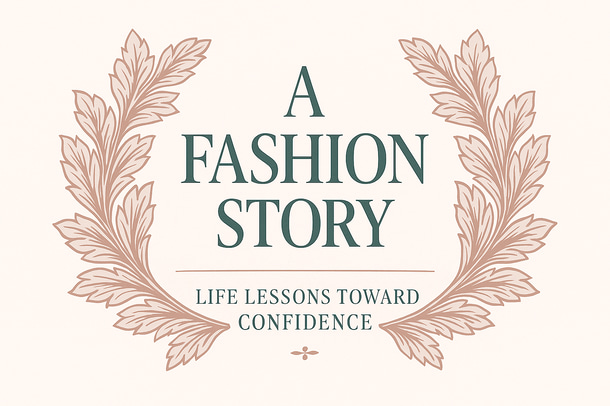Embracing Your God-Given Identity Through Professional Attire


Bible Backed
The Bible places great emphasis on the intrinsic worth and identity we hold as creations of God. For instance, Genesis 1:27 states, "So God created mankind in his own image, in the image of God he created them; male and female he created them." Dressing well can be viewed as a form of respecting and honoring the image of God in us.


Diginity and Strength
Proverbs 31 describes a woman of noble character who is "clothed with strength and dignity; she can laugh at the days to come" (Proverbs 31:25). This passage highlights how our attire can reflect our inner strength and dignity, which are qualities bestowed upon us by God.
Honoring God with our Bodies
1 Corinthians 6:19-20 reminds us, "Do you not know that your bodies are temples of the Holy Spirit, who is in you, whom you have received from God? You are not your own; you were bought at a price. Therefore honor God with your bodies." This verse encourages believers to care for and present themselves in a way that honors God, which includes how we dress.
Preparation and purpose
The story of Esther is a powerful example of preparation and presentation aligning with purpose. Before meeting the king, Esther underwent twelve months of beauty treatments, as described in Esther 2:12. This preparation was crucial for her role in saving her people, showing that physical presentation can align with God's plans and purposes.
Transformation and Renewal
The transformation of Zacchaeus in Luke 19 is a testament to how internal change is reflected outwardly. After his encounter with Jesus, Zacchaeus' change of heart led him to repay those he had wronged, demonstrating his transformation through tangible actions, akin to how changing our attire can reflect internal changes.
Scientifically and Psychologically Proven
Enclothed Cognition
Research in the field of psychology introduces the concept of "enclothed cognition," which suggests that the clothes we wear can affect our psychological processes and change how we perceive ourselves and others. For example, a study by Hajo Adam and Adam D. Galinsky found that subjects who wore a doctor's lab coat exhibited heightened attention, which shows how our attire can influence our cognitive functions.
First Impressions
Studies indicate that first impressions are formed within seven to seventeen seconds of meeting someone, and a significant part of this impression is based on how we dress. According to research from Princeton University, these initial judgments are highly influenced by visual cues, which can affect subsequent interactions and opportunities.å
Mental Health Benefits
Looking and feeling good can also contribute to better mental health. A survey conducted by the Mental Health Foundation noted that being content with one's appearance can lead to higher self-esteem, reduced anxiety, and better overall mental health.


Follow us on all your favorite social platforms



























